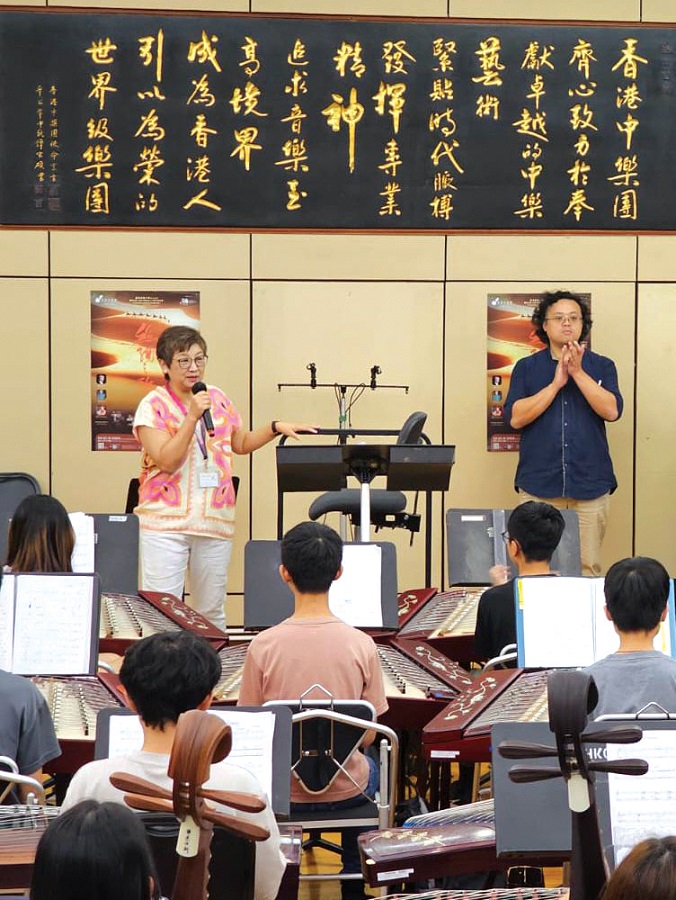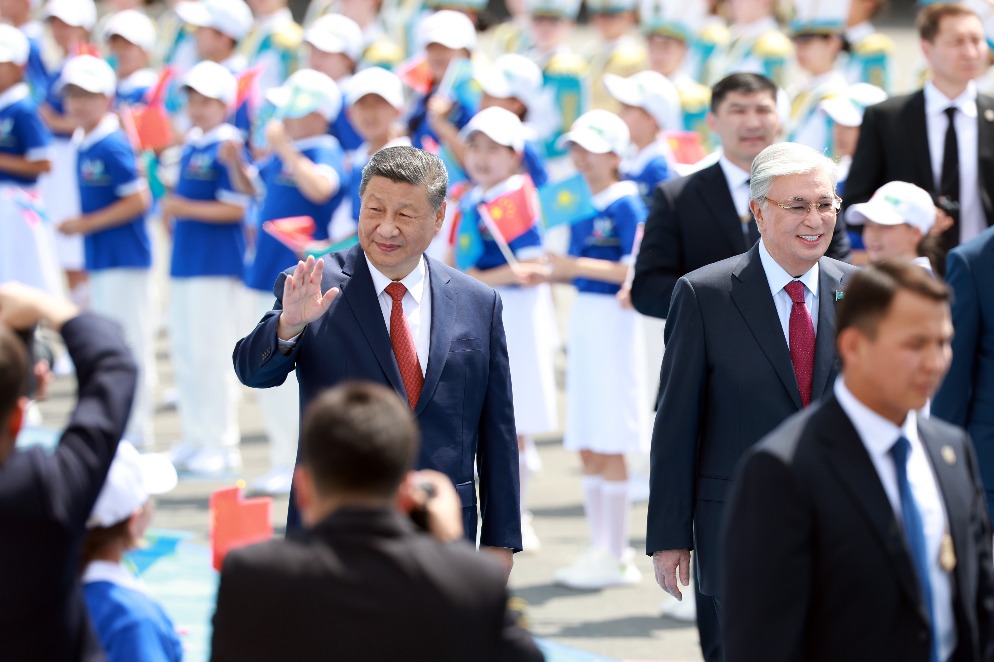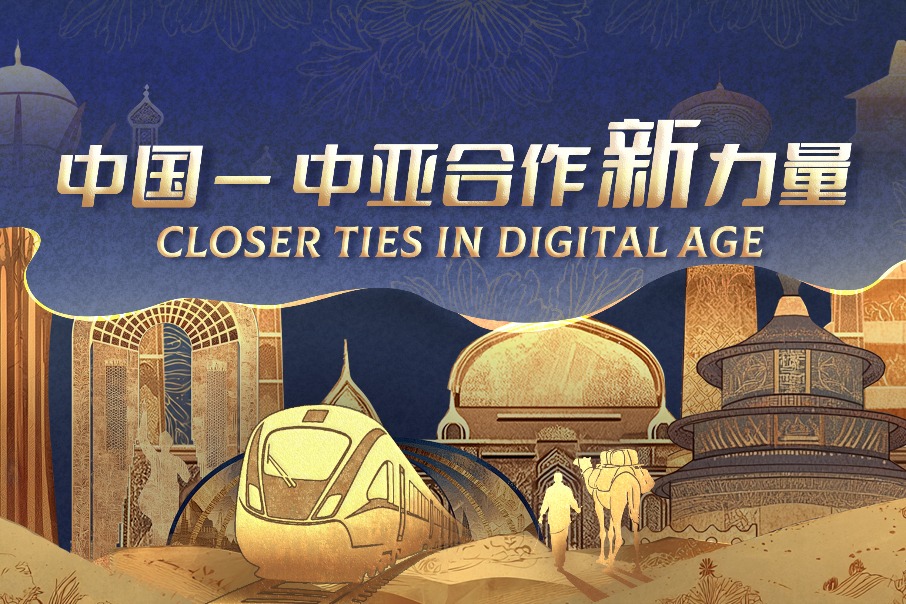HK set for a bigger role as cultural attache


Cultivating talent
The solution is to have more diverse funding support programs from the government, and attract professionals by promoting arts administration jobs in universities and secondary schools. To cultivate talent and increase the demand for related events, the SAR government set aside an additional HK$216 million ($27.8 billion) from the 2018-19 to the 2023-24 financial years to help young people become arts administrators. The LCSD and the HKADC - two major providers of training for arts administrators - expect the funding to create 740 training opportunities.
According to the HKADC, it has so far offered 137 internships for junior arts administrators, while 27 people received arts administrator scholarships for further studies in arts related subjects at home and abroad from 2018 to 2022.
Last year, it started its arts talent internship matching program which offers internships for arts administrators and artistic and production personnel and matches jobs in arts groups with recent graduates. During the 18-month internship, the council will cover interns' salaries, the minimum of which has risen from HK$16,400 in 2023 to HK$17,200 this year. Interns are required to participate in at least three public projects under the program.
According to the council, all internship places for 2024-25, with 30 positions for arts administrators and 55 openings for artistic and production personnel, have been filled due to the "overwhelming response".
The LCSD also provides a trainee program for arts administrators. The two-year program offers training on skill sets, such as venue operations, events promotion and organization of performing arts programs, carnivals, and cultural exchange activities. Trainees can acquire hands-on experience with the department's venue partners and the Hong Kong Arts Festival Society in managing arts related events.
Chin says direct government funding is one of the most effective ways to address the pressing shortage of arts administrators. The arts administrators' association has launched a charm offensive among young people, hoping to lure people early by hosting career talks and fairs at universities and secondary schools.
Many people, she says, have the wrong impression that arts administrators need to take arts related courses. "We hope to clarify that misunderstanding through campus promotions."
Attracting new audience
Apart from cultivating talent to meet the growing demand for cultural events, Chin says the hearts and minds of the audience need to be restored as their attitudes have changed following the pandemic - some have lost the habit of going to theaters and this has to be revived. Although she believes loyal audiences will eventually return to the theaters, it's important for arts administrators to cultivate new audiences by launching long-term audience development programs, such as educational projects and parent-child activities, to arouse young people's interest in the arts.
The HKCO is offering various courses for guqin enthusiasts, as well as children and adults with no prior knowledge of the traditional, time-honored seven-string Chinese musical instrument. The courses range from basic finger techniques and skills to understanding jianzipu notation - a simplified tablature indicating string, finger position, and plucking techniques for songs of guqin, allowing many parents and their children to appreciate the prowess of the ancient instrument.
Chin notes that audiences from Chinese mainland cities in the Greater Bay Area have grown rapidly, showing strong interest in Hong Kong's cultural activities and performances. In her view, Hong Kong arts administrators should strengthen communication with arts related administrative departments in the Greater Bay Area, expanding the promotion and publicity of Hong Kong's arts performances to new audience groups.
Her association hopes to rely on the growing audience interest in the region, as well as the deepening ties between mainland cities and Hong Kong by extending its membership to peers across the border. This would enable more mainland arts administrators to participate in Hong Kong's training and exchange activities, while frequent exchanges among artists from different cultural backgrounds can spark new ideas and create artworks that are suitable for audiences in both regions and reflect artists' unique characteristics.























